Cambridge’s economics list is renowned for the breadth and quality of its publishing. Our book list is home to the work of some of the most important economists in the history of the discipline, most notably John Maynard Keynes, as well as the work of almost 30 Sveriges Riksbank Nobel Prize laureates, including Kenneth Arrow, Herbert Simon, Robert Solow and Joseph Stiglitz. This is complemented by a cluster of key journals such as Econometric Theory, Journal of Economic History and Journal of Financial and Quantitative Analysis.
Economics Journals, more results, from A to Z
Explore Economics journals
Economics Books, more results, from A to Z
Explore Economics books
New titles
-

- Book
The Peace Formula
-
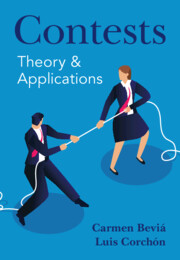
- Book
Contests
-
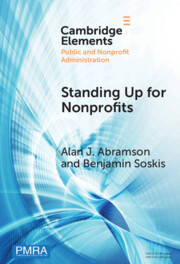
- Element
Standing Up for Nonprofits
-
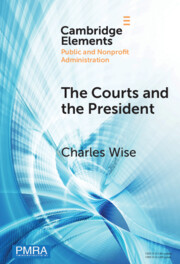
- Element
The Courts and the President
Economics series
-
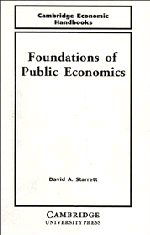
Cambridge Economic Handbooks
- Series
Economics blog

-
New to Cambridge in 2024: Finance and Society
- 08 December 2023,
- Cambridge University Press is pleased to announce that it will publish Finance and Society from January 2024, in partnership with the Finance and Society Network....

-
The Capital Structure Puzzle: What Are We Missing?
- 04 February 2022,
- The Holy Grail of corporate finance is a theory that explains the capital structure behavior of real-world firms. It’s been 63 years since Modigliani and Miller’s...

-
An interview with JHET Co-Editors Pedro Garcia Duarte and Jimena Hurtado
- 08 January 2022,
- Firstly, for anyone new to the journal can you briefly explain the journal’s mission and scope? The Journal of the History of Economic Thought (JHET) is the journal of the History of Economics Society and it promotes interest in and inquiry into the history of economics and related parts of intellectual history, facilitate communication and discourse among scholars and disseminate knowledge about the history of economics.…...
Interview with Laurence M. Ball, author of The Fed and Lehman Brothers
Interview with Martin Fransman, author of Innovation Ecosystems
News
Enterprise and Society to Launch New Fifth Issue
- 16 Nov 2017, by
- Enterprise and Society to Launch New Fifth Issue Enterprise and Society: The International Journal of Business History and Cambridge University Press are pleased to announce an exciting new initiative designed to extend the reach and impact of business history by promoting interdisciplinary dialogue and tackling the most pressing questions within and beyond the field


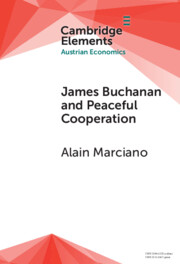
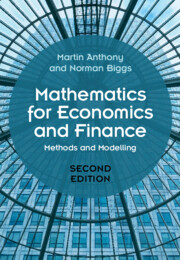
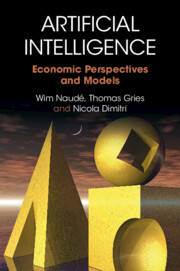
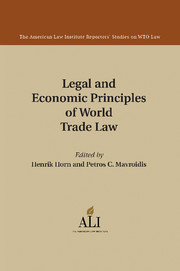
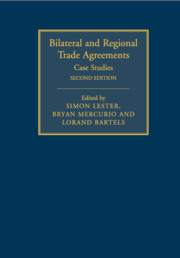
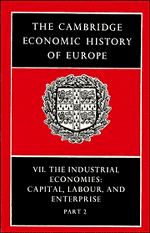

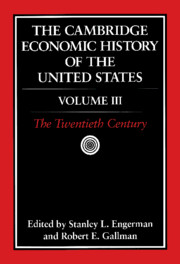
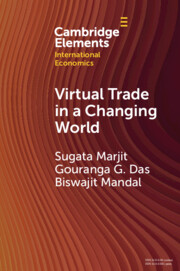
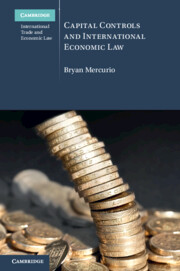
Facebook
1584 Blog
Understanding Entrepreneurial Decision-Making
Ethics in Econometrics – A Guide to Research Practice
The Spread of the Modern Central Bank and Global Cooperation